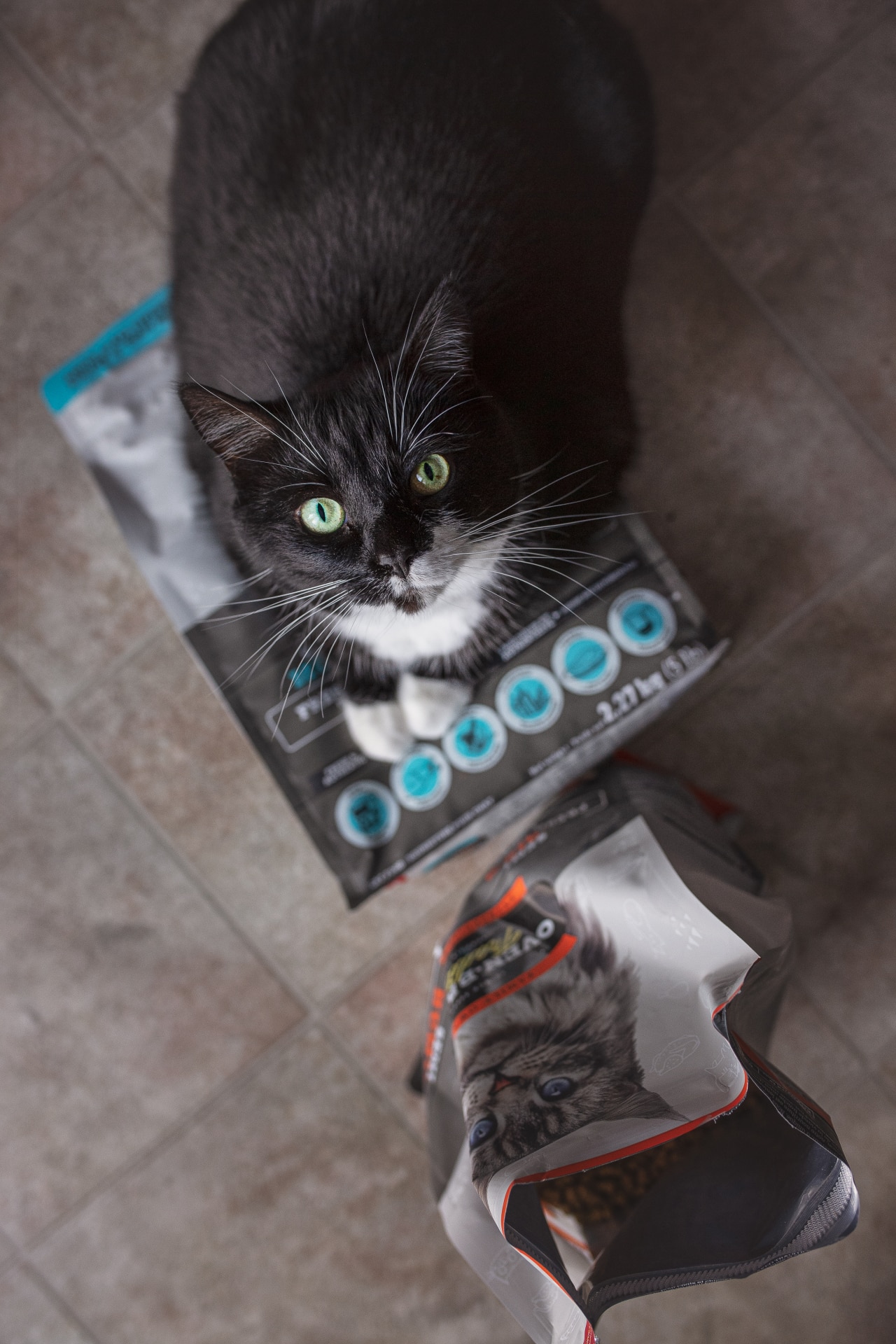Topic: Separation anxiety…in cats
Separation anxiety is unfortunately a very well known behaviour problem among dog owners. As pack animals, dogs like to be part of their family. And modern life unfortunately asks them to spend most of their days alone awaiting its return. Which is not easy, and worth panicking about for some dogs.
Cats are known to be more independent, sleeping their days away serenely until their family’s return (and sometimes, still sleeping the evening away). It therefore seems unlikely that any cats would suffer from separation anxiety. But some unfortunately do.
What is separation anxiety?
Separation anxiety is a psychological condition in which an animal experiences excessive anxiety regarding separation from his or her owner or someone he or she cares about.
These cats or dogs are not bored, nor being noisy or messy in order to get back to their owners who have abandoned them. These cats or dogs are in a real panic state.
How does separation anxiety manifest itself in cats?
Like dogs, cats that suffer from separation anxiety are likely to adopt behaviors that might do damage to their environment or themselves in order to calm themselves down.
Cats may act very agitated, obviously unable to rest. They may meow, moan or cry continuously and they may scratch or bite clothes, furniture, etc. or pee on beds or on any location that carries their owner’s smells. They can show excessive behaviour toward themselves such as constant grooming that can even injure themselves.
Obviously, separation anxiety in cats does not generate as much damage as separation anxiety in dogs. This is however not a reason to not be as concerned: furniture might not get destroyed, but a cat still lives a big stress day after day, which can be harmful to their health in the long and short term.
What can you do if your cat suffers from separation anxiety?
Separation anxiety is obviously more common in cats that tend to get anxious. There are natural products out there that might help your cat while you are working on this problem. Veterinarians can also write you a prescription for a stronger product if your cat’s behaviour is at risk of severely hurting itself.
There are also simple things you can do:
Repeat leaving and coming back home: Your cat must learn that nothing bad happens when you leave, and that you will come back, sometimes very soon, sometimes in a couple of hours, but you will come back! Practice leaving the house and coming back after a couple of seconds at first, then minutes, then hours, etc. Your action of leaving will become more normal and not as worrying as it was.
Teach it to be more independent: Your cat needs to learn to live without you…at least for a couple of hours! Ignoring a very dependent cat when you come back home or when it requests attention will help it be calmer and less needy toward you. After all, it is not because you are home that it has to receive constant attention! Imagine going from 100% presence when you are home to 0% attention when you are away…brutal, indeed! When you want to pet your cat, ask it to come to you instead.
Make sure it is tired when you leave: Spend quality time with your cat before you leave for the day with active fun that spends it physically and mentally. It will obviously be a lot easier for your anxious cat to rest if it is actually tired! If it spends the day sleeping, time will fly until you return.
Make sure it has something to do when you are away: If nothing happens when you are gone, of course your cat will find your absence very boring and stressful! Leave some fun toys available for your cat when you leave, perhaps its favorite one that it only gets to have when you are gone. Make sure that your cat can climb on fun things, or that it can look out the windows to hunt with its eyes. You can also put its daily meal in a fun food dispenser that will make it work to get its food! Your cat will learn to entertain itself by itself!


